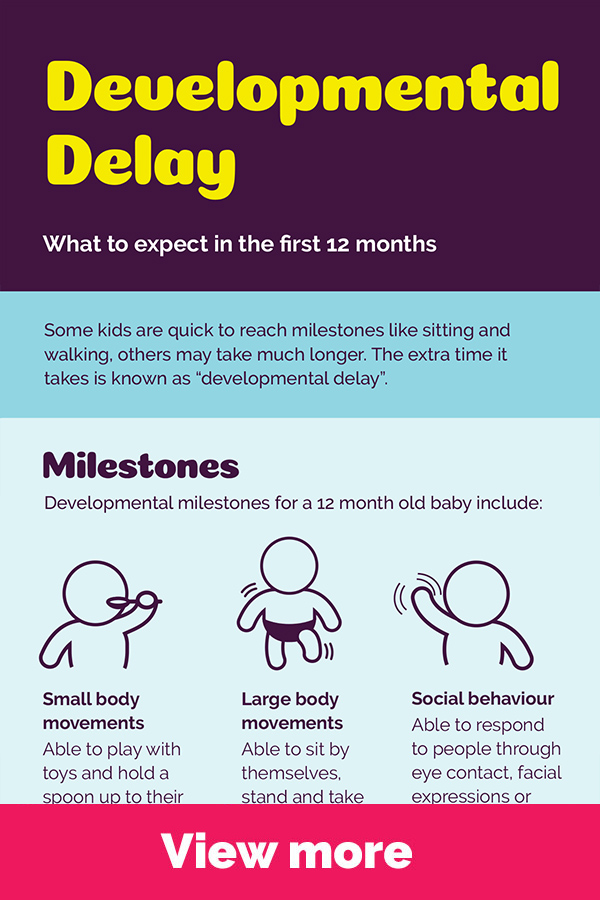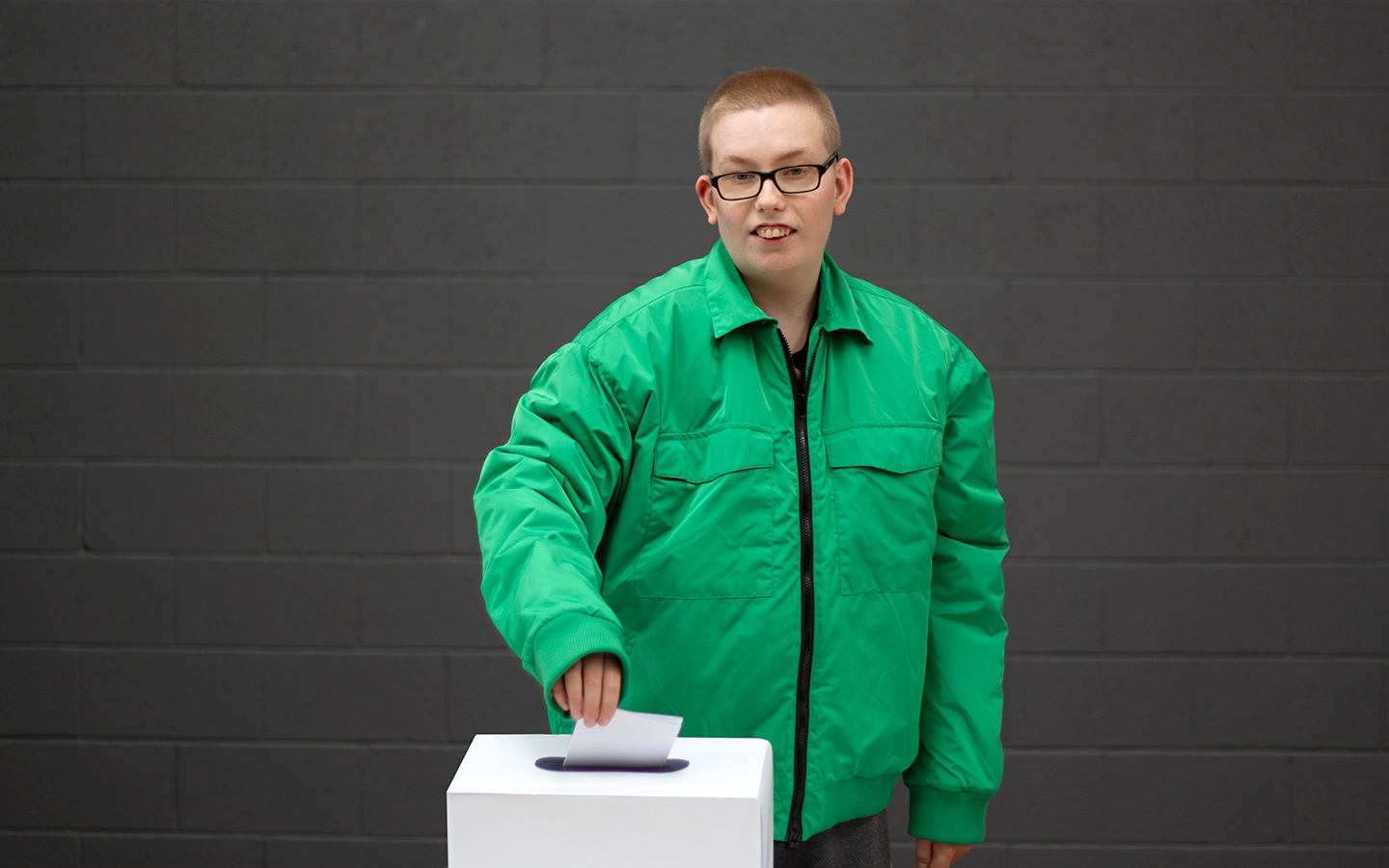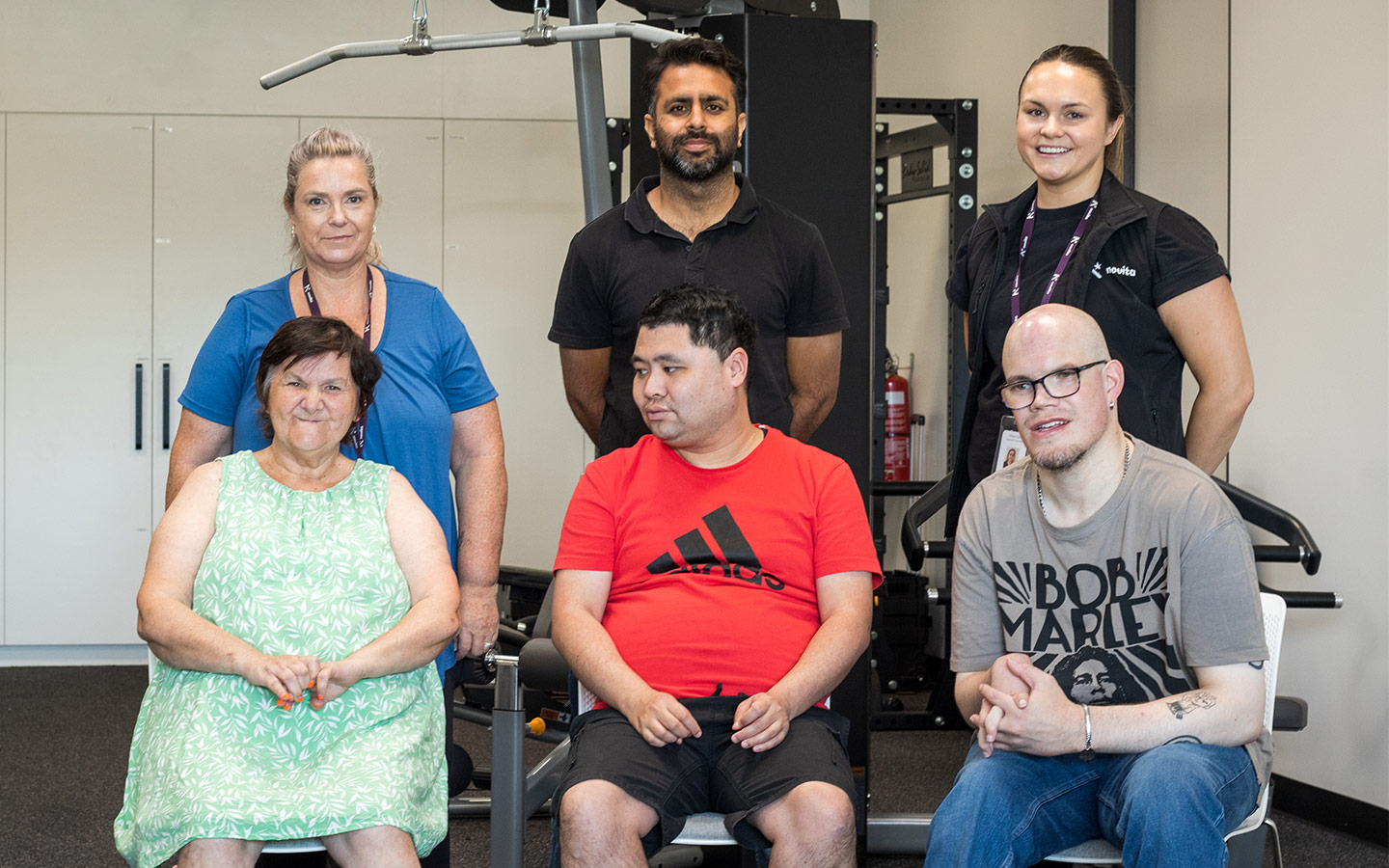Helpful Information
Does your baby have developmental delay?
access_time3min read
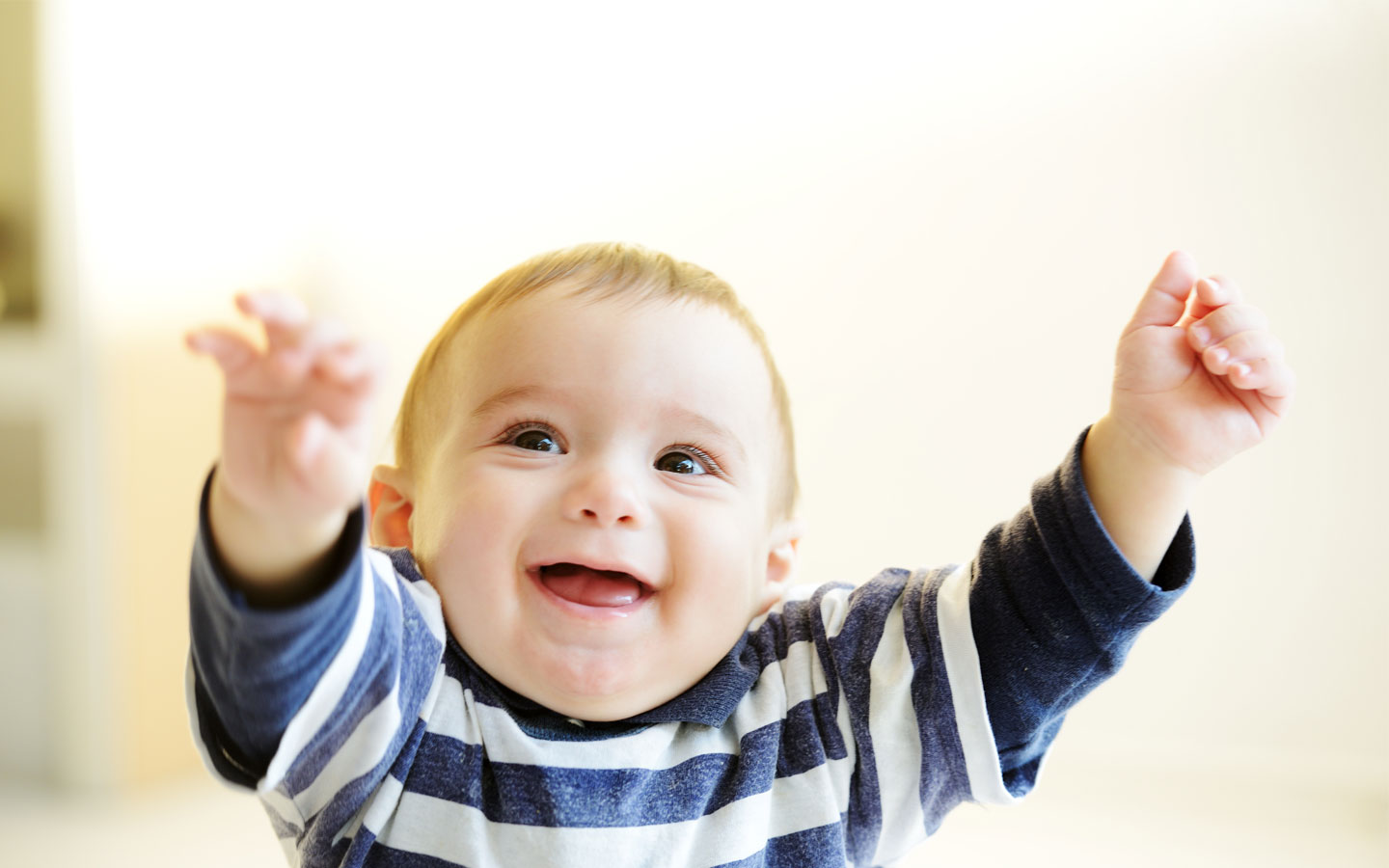
Welcoming a new person into your life can be an exciting, challenging and rewarding time.
In the first 12 months of your new family member’s life, there are many things parents can look out for, including moving, interacting and responding to the people around them.
Whilst some kids are quick to reach these developmental milestones, others may take much longer. The extra time it takes to reach milestones is known as “developmental delay”. In this article, we have tried to provide useful information including common areas of delay.
What is developmental delay?
Developmental delay is a term for when a young child’s development is delayed in one or many areas compared to other kids.
Developmental delay can be evident in the way a child moves, thinks, learns, communicates and plays with other children.
Sometimes the cause of delay is known (for instance, if a child is born prematurely), however, often there is no cause. Delays can be temporary or more permanent.
Delay can impact on areas of child development including:
• How children make friends and learn independence – Social and emotional development
• How children use and understand language – Speech and language development
• How children think, learn and understand – Cognitive and intellectual development
• How children play and use their hands – Fine motor development
• How children move – Gross motor development
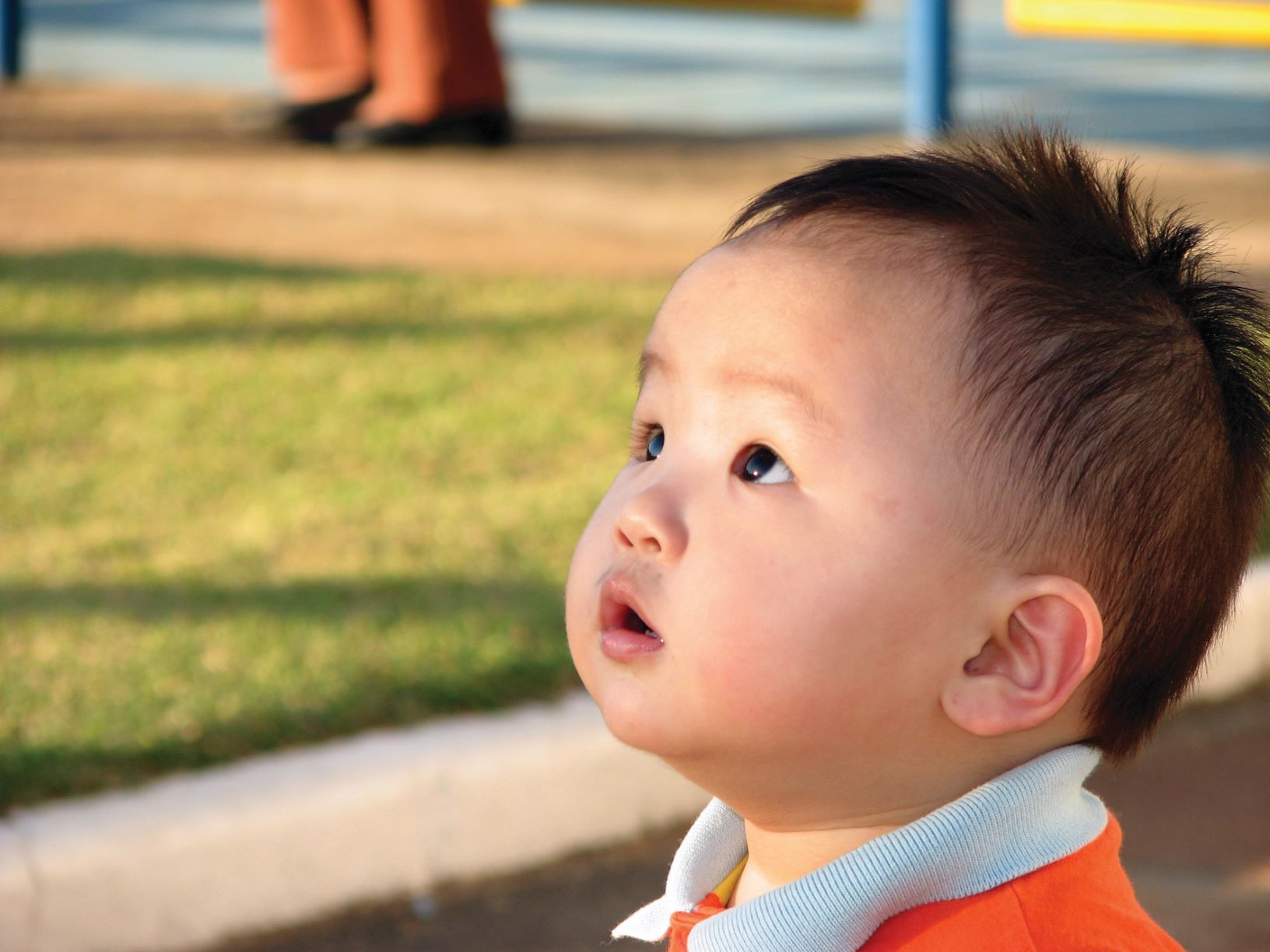
What to expect in the first 12 months
Development in the first 12 months is often varied from baby to baby and parents shouldn’t be worried if their kids are developing at a different rate than others. However, if parents are concerned about development, don’t hesitate to contact us, talk to your family GP or to a Child and Family Health Nurse.
Milestones:
Milestones are an important part of a baby’s development from 0-12 months and are used to track the development of a child. By the time they reach 12 months, babies should have reached developmental milestones including:
• Large body movements – being able to sit up, stand and take small steps with your support
• Small body movements – being able to play with toys and hold up a fork or spoon to their mouth
• Social behaviour – being able to respond to their environment, for example, if you talk to your child, they respond through eye contact, facial expression or body language
• Speech and language – can make babbling sounds or use sound to express their feelings. By 12 months, many children may be using some words
• Hearing – will turn to and locate sound through pointing or looking
• Vision – follows moving objects and people with both eyes
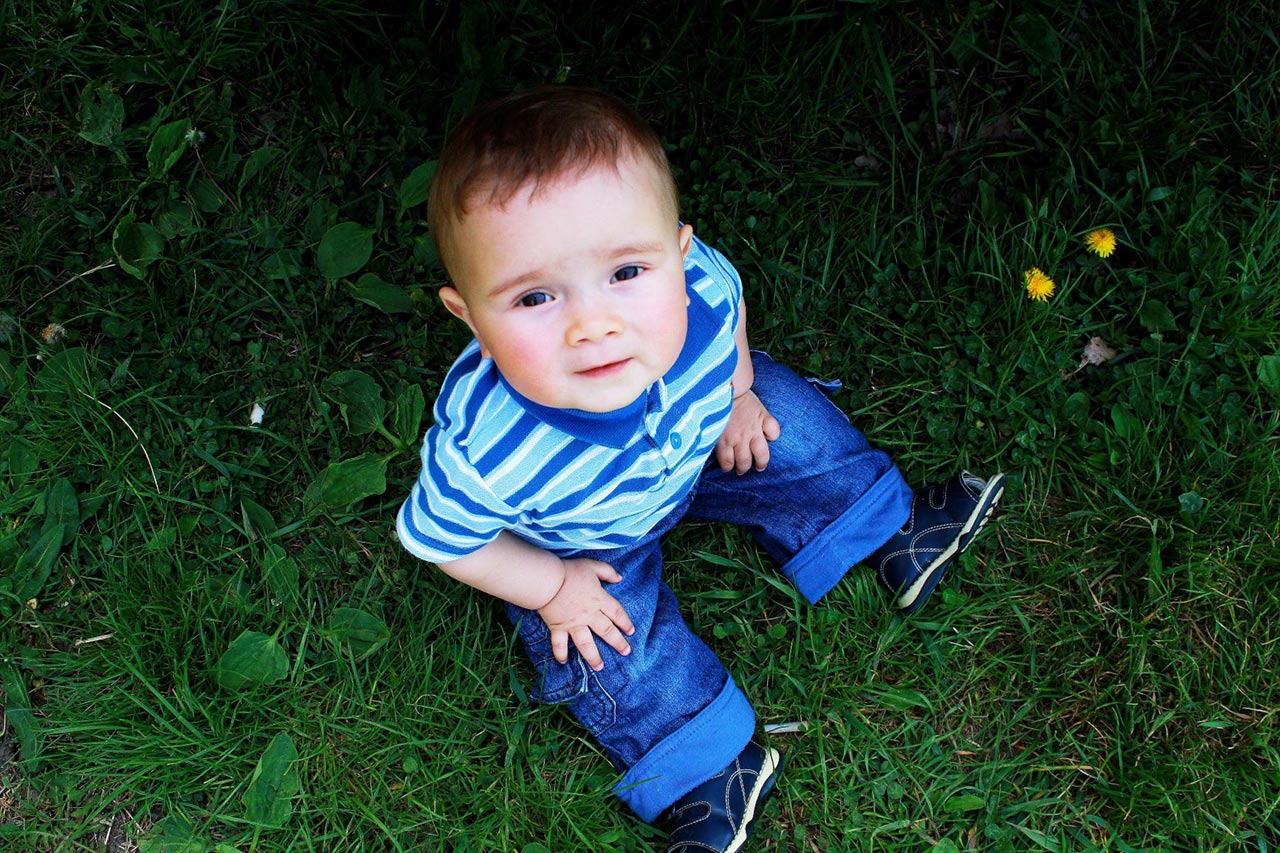
Indications of developmental delay
If your baby has not achieved any of these milestones by the time they reach 12 months, it might be a sign that they are experiencing some form of developmental delay.
It is important to look for signs of delay in your baby if you are concerned they have not reached milestones. These signs include:
Physical:
• Cannot see or hear things properly (unresponsive to sounds or actions)
• Cannot sit by 8 months
• Cannot support or hold up head by 3-4 months
• Cannot move or control both arms and legs
Social, behavioural, communication and emotional:
• Uncontrollable and persistent crying for more than three hours a day after 3-4 months of age
• Crying that sounds unusual (low or high pitched sounds)
• Doesn’t interact with parents or other people in the household
• Not imitating sounds or gestures
While there is great variation in the ways children learn, some may need extra support to develop important skills. This early support can be a vital process in improving the skills and needs of your child’s developmental journey.
If you are concerned about any stage of your child’s development, contact us and we will help to answer any further questions or inquiries.
